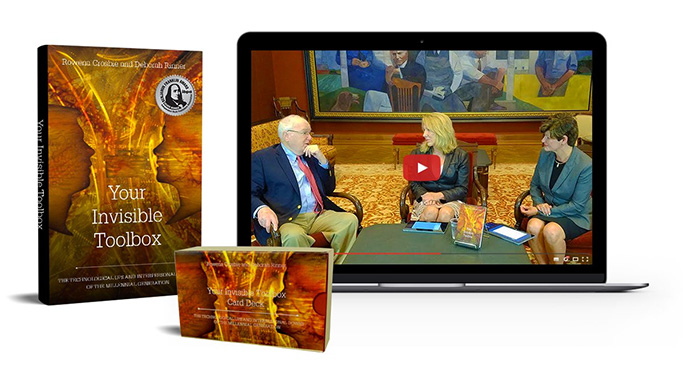Meetings take up a large part of our workdays and our time committed to community service projects. Adapted from Letitia Baldridge's book Executive Manners we hope these tips will assist you in adding value to every meeting you are in.
Tips for Chairing the Meeting:
Be thoughtful about when you schedule the meeting.
Inform participants in advance. Apologize if you need to call a meeting without proper lead time.
Invite people selectively. Include all areas of expertise needed.
Distribute agenda well in advance. Be clear on any needed pre-reading.
Determine how long to wait for late or missing people.
Introduce all newcomers to the group in a complimentary manner. Include names, titles and responsibilities.
Create a positive atmosphere by being approachable. Allow all participants to be valued and show what they know.
Be on alert and aware of any tension or hostility arising. Watch non-verbal cues and handle confrontation positively on the spot if appropriate or talk with individuals concerned after meeting.
Keep one eye on the clock and one eye on the agenda. Table any rambling.
Handle the meeting hogger with agility, kindness and firmness.
Ensure the meeting place is comfortable, clean, well lit, aired out, comfortable temperature, comfortable seating, ice water/glasses, pads and pencils.
Take breaks every hour.
Give credit to everyone involved including speakers/presenters.
Set the date for the next meeting and assign responsibilities.
Tips for Meeting Participants:
Arrive on time.
Do not take a seat until directed.
Speak with all participants. Converse with those seated next to you.
Arrive prepared with homework done, agenda read, materials needed in hand.
Rehearse your part in the presentation. If presenting with equipment, arrive early to make sure it works properly.
Make careful notes on all aspects of meeting.
Do not doodle or do anything distracting.
Avoid interrupting whoever has the floor.
Do not monopolize proceedings.
Ask for clarification when needed.
Be relaxed about emotions and do not display hostile or negative emotions.
Use "we" not "I".
Put follow up thoughts in a memo.
Think before you speak.
Keep your area of the table neat, free of litter.
Thank the Chairman at the conclusion of the meeting.
Follow up on anything you are responsible for.
Be a team player with a respect and initiative for your personal contribution.
Notes Adapted From "New Complete Guide To Executive Manners", Baldrige, 1993
The Your Invisible Toolbox® Movement tackles the challenges most individuals, teams, and organizations face. An award-winning book paired with a companion YouTube show and card deck, provide a unique set of research-based tools, put together in an easy-to-apply road map to success.
Find Out More and Join The Movement